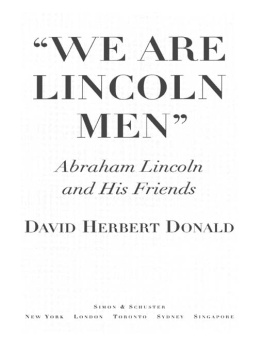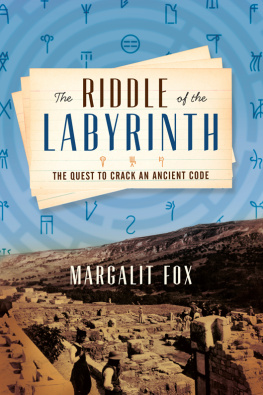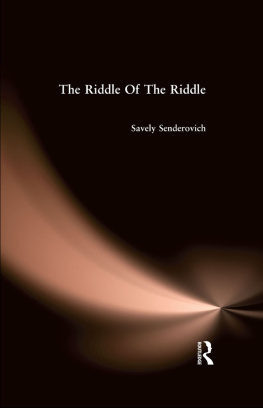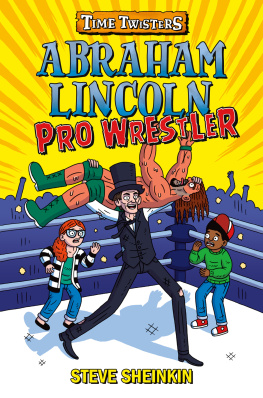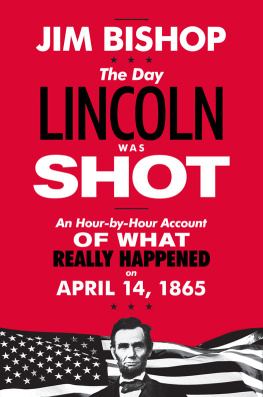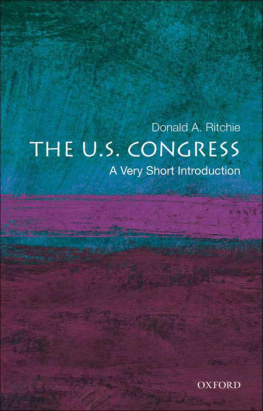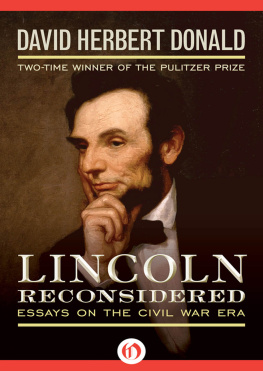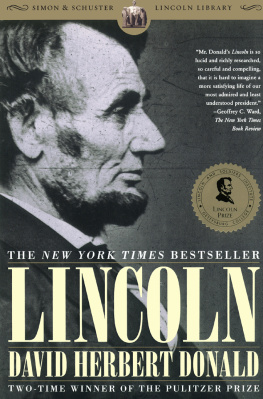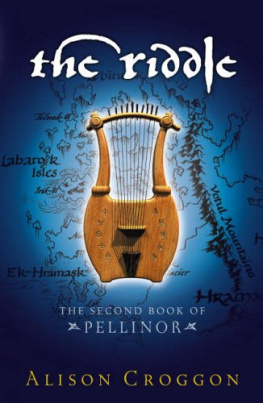This edition is published by Papamoa Press www.pp-publishing.com
To join our mailing list for new titles or for issues with our books papamoapress@gmail.com
Or on Facebook
Text originally published in 1948 under the same title.
Papamoa Press 2017, all rights reserved. No part of this publication may be reproduced, stored in a retrieval system or transmitted by any means, electrical, mechanical or otherwise without the written permission of the copyright holder.
Publishers Note
Although in most cases we have retained the Authors original spelling and grammar to authentically reproduce the work of the Author and the original intent of such material, some additional notes and clarifications have been added for the modern readers benefit.
We have also made every effort to include all maps and illustrations of the original edition the limitations of formatting do not allow of including larger maps, we will upload as many of these maps as possible.
LINCOLN RUNS FOR CONGRESS
BY
DONALD W. RIDDLE
PREFACE
THIS study of Lincolns campaign for nomination and election to Congress is offered as a report of an episode in Western history, rather than as a chapter of Lincoln biography. In the broadest sense it is a documentation of the Frederick Jackson Turner hypothesis of the significance of the frontier. Its potential contribution to Lincoln biography is within the framework of frontier history. The regional factors in the settlement of Illinois enable the understanding of the emergence of political attitudes and parties in a frontier state, and Lincolns early career can be understood as the issues and viewpoints of Illinois politicians were shaped by the regional influences in western settlement.
If the estimate of Congressman A. G. Riddlethat Lincoln was a consummate manager of menis correct, Lincolns finesse in political technique is discovered to be no sudden acquisition at the time of his election to the presidency, but a skill developed in the formative days of his career as an Illinois politician. Lincolns ability as a minority President is much more readily understood when his leadership in a minority party in his state is studied. His success in handling the border slave states in the secession crisis was made possible by what he learned as a local politician in a region which had been settled largely by emigrants from Kentucky and Tennessee.
My sketch of the settlement of Illinois is based upon the excellent studies of Professors Arthur Clinton Boggess and William Vipond Pooley. My summary of Illinois history owes much to the writings of Professor Theodore C. Pease. It is a pleasure to acknowledge indebtedness to these scholars.
Assiduous effort has been made to exhaust primary sources in this study. No new Lincoln sources have been found; it was with regret that I discovered the Robert Todd Lincoln Collection of the Papers of Abraham Lincoln to contain nothing on Lincolns congressional candidacy. Nevertheless the published Lincoln documents are the most important materials. Next to these the voluminous Hardin Manuscripts in the Chicago Historical Society are most valuable. Manuscripts and newspapers of the Illinois State Historical Library contain much heretofore unused data. My hope that all extant primary sources have been used is the greater in view of the assurance of Dr. David Donald and Dr. Theodore L. Agnew, Jr., who have made definitive studies of William H. Herndon and Peter Cartwright, that as Lincolns campaign for Congress touched their subjects their source materials coincided with those which I have used.
I have documented all relevant source materials in the hope that Lincoln biographers may be saved time and effort as they address themselves to the limited area in which my subject involves Lincolns life. The three most important source documents are reprinted in full in the Appendix to the present study.
I am deeply indebted to Professor Avery O. Craven for instruction and guidance in American History, and to Professor Frederick Merk, in whose Seminar my research for this book began. Dr. Roy P. Basler, Dr. Benjamin P. Thomas, Mr. George W. Bunn, Jr., and Miss Marion D. Bonzi of The Abraham Lincoln Association, have been more than generous in publication and editorial assistance. Dr. Paul M. Angle has co-operated in placing the resources of the Chicago Historical Society at my disposal. Mr. J. Monaghan has given cordial assistance as State Historian in charge of the Illinois State Historical Library. Miss Margaret Flint not only has made the materials of the Illinois State Historical Library available, but has assisted in procuring some of the illustrations used. Mr. James N. Adams has helped with the newspaper files. I am obliged to Mr. Ralph Newman for advice and encouragement. Mrs. Riddle has worked with me in all phases of the production of this book, assisting me in research, typing, and numerous mechanical details.
DONALD W. RIDDLE
The University of Illinois
Chicago Undergraduate Division
February 6, 1948
Another popular mistake is to suppose Mr. Lincoln free from ambition. A more ardent seeker after office never existed. From the time when, at the age of twenty-three, he announced himself a candidate for the legislature from Sangamon County, till his death, he was almost constantly either in office, or struggling to obtain one. Sometimes defeated and often successful, he never abandoned the desire for office till he had reached the presidency the second time.
LYMAN TRUMBULL, Letter to his son.
Horace White, The Life of Lyman Trumbull , 429.
*****
He was in no common usage of the term a leader. He was a Manager of men, of the rarest aptitude; a Persuader of wonderful endowments; a Conductor of nations, peoples,and he was of special gifts.
A. G. RIDDLE, Recollections of War Times , 186065, 337.
*****
He watched his field of operations, planned his strategy, and handled his forces almost with the vigilance of a military commander. As a result, he won both his nomination in May and his election to the Thirtieth Congress in August, 1846.
JOHN G. NICOLAY, A Short Life of Abraham Lincoln , 75.
Chapter ITHE CLOSE OF A LEGISLATIVE CAREER
ON THE FIRST DAY OF MARCH, 1841, the session of the Twelfth General Assembly of Illinois adjourned. On that date, whether or not he was then aware of it, Abraham Lincoln closed his career as a state legislator.
Lincolns legislative career had embraced four terms. After an unsuccessful candidacy in 1832 he had been elected to the lower house of the Assembly in 1834 and had been successively re-elected three times. During his four terms his reputation had grown. At the beginning he evinced little originality; he seems to have been markedly under the influence of John T. Stuart, his political mentor in the campaign for election in 1834 and in the Ninth General Assembly, when both were members of the lower house. But with further experience Lincoln developed individuality and leadership, and it was not long until he had won the respect of friends and of opponents.





